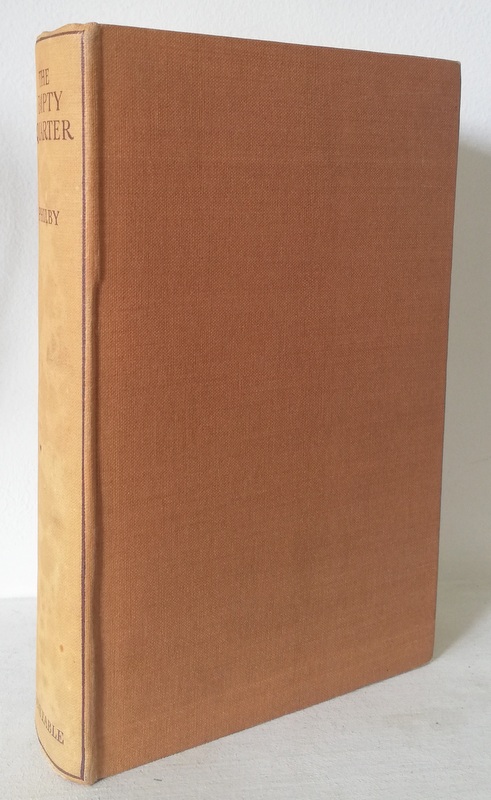

Such practices held little horror for Thesiger, who had survived fagging and flogging at Eton, and saw at least one young Afar man, flushed from the exertion of slaughtering and mutilating four victims in a day, as "the equivalent of a nice, rather self-conscious Etonian who had just won his school colours for cricket".

Here he learnt to withstand the need for sleep.īut Africa was his goal, and at the age of only 23 he went to explore Abyssinia's Awash River and the forbidding Aussa sultanate with its Danakil nomads, chiefly noted for a disturbing tendency to kill men and carry off their testicles as trophies. On his return, he found both a personal invitation to attend the coronation of Emperor Haile Selassie of Abyssinia, and a note from the Foreign Office appointing him honorary attaché to the Duke of Gloucester for the event - where he met Evelyn Waugh, a writer of very different sympathies.įor his second vacation, he set himself another endurance test, a month with a Hull fishing trawler off Iceland. So began the travels that he recorded in fine prose and black-and-white photography. During his first summer vacation from the university, he set off alone, working his passage on a tramp steamer to Istanbul and returning third-class by train.

It was an experience he never forgot.ĭaydreams of Africa and the wider world were his means of escape throughout his awkward and often unhappy schooldays at St Aubyn's school, Rottingdean, in Sussex (1919-23), Eton College (1923-28), and his time reading history at Magdalen College, Oxford (1929-33). Reading these books is to see the world afresh, to rediscover a time when many cultures were quite strange to each other, where legends and stories were treated as facts and in which so much was still to be discovered.Born in Addis Ababa, where his father was British minister, he grew up in the barbaric splendour of an imperial court, and was privileged to see a victorious and blooded Abyssinian army marching through the city in the full panoply of war. Few reading experiences can begin to match that of engaging with writers who saw astounding things: great civilisations, walls of ice, violent and implacable jungles, deserts and mountains, multitudes of birds and flowers new to science. Great Journeys allows readers to travel both around the planet and back through the centuries - but also back into ideas and worlds frightening, ruthless and cruel in different ways from our own. The result was a monument both to his resilience and to the Bedu who guided him and who emerge as the book's real heroes.


 0 kommentar(er)
0 kommentar(er)
